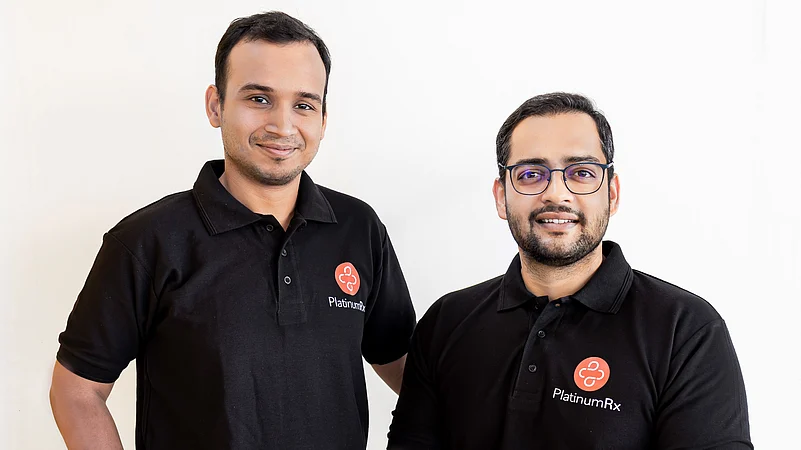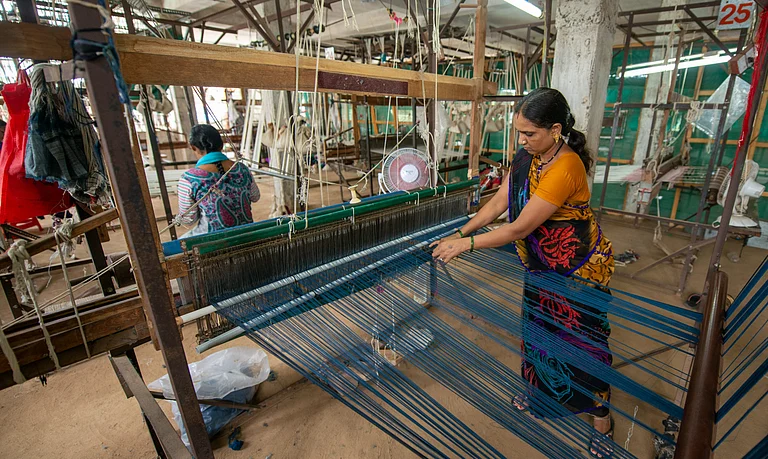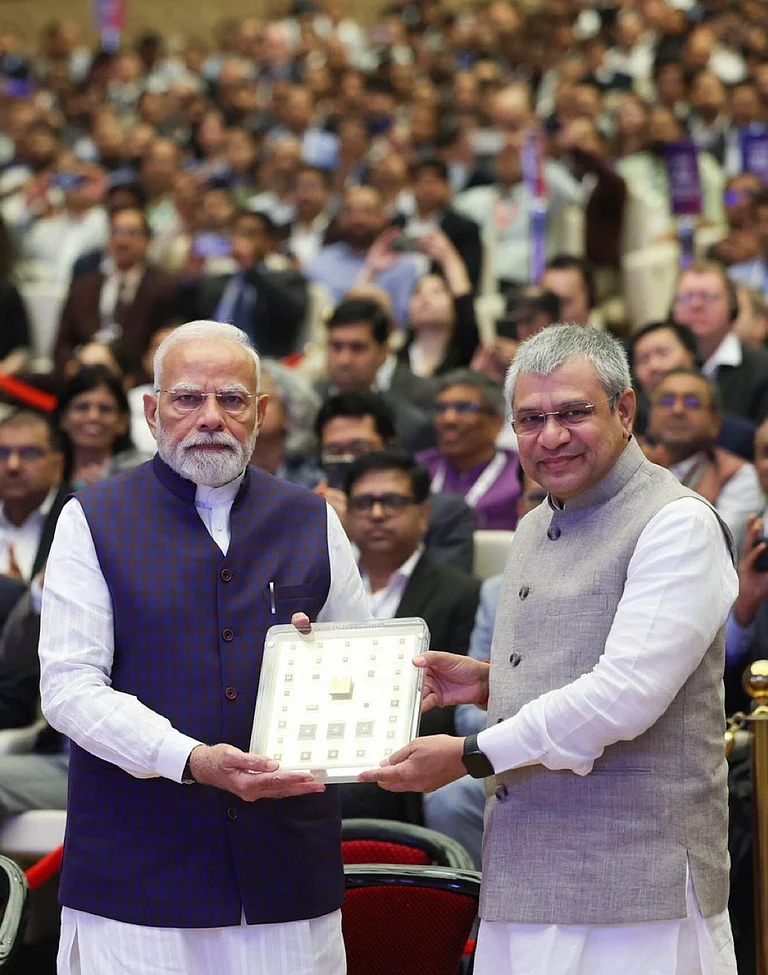
PlatinumRx raises $6M Series A led by Stellaris, with India Quotient joining in
Startup sources directly from pharma firms, offering substitutes at 50–60% lower cost
Serves 200k patients across 20k pincodes; targets 1M customers in 12–18 months
Funds to expand fulfilment centres, tech/product hiring, AI personalisation and brand presence
Model aims to cut India’s chronic-care drug costs, with execution and competition key risks
PlatinumRx, an online pharmacy focused on lowering the cost of chronic-disease medicines, said Wednesday it has raised $6 million in a Series A round led by Stellaris Venture Partners, with follow-on participation from existing backer India Quotient.
The startup said the capital will be used to expand fulfilment capacity, beef up product and technology teams, and strengthen its supply chain and brand presence.
PlatinumRx, founded by Ashutosh Pandey and Piyush Kumar, says it sources directly from major pharmaceutical manufacturers and offers quality-brand substitutes with identical active ingredients, enabling 50–60% savings for patients compared with typical branded-generic retail prices.
Since launching in 2024, the company says it has served 200,000 patients, delivers to more than 20,000 pincodes and offers one-day delivery in metros and 3–5 days nationwide.
“PlatinumRx was born out of a simple belief: quality medicines should not be a luxury,” co-founder Ashutosh Pandey said in a statement. He added the startup’s model targets the heavy out-of-pocket burden many chronic patients face in India.
Use of Proceeds
The fresh funding will finance operational scale-up, including the rollout of five new fulfilment centres, hiring across product and engineering, improved supply-chain integration and marketing. PlatinumRx says it will also invest in AI-driven personalisation to improve the customer experience and aims to serve over 1 million customers in the next 12–18 months.
Naman Lahoty, partner at Stellaris, described the market opportunity as large and durable: rising chronic-disease prevalence and persistent price inefficiencies in India’s pharmaceutical distribution create scope for a focused low-cost player, he said.
Market Context
Medicines remain the single largest out-of-pocket health expense in India. Although most drugs sold in India are generics in composition, the country’s reliance on branded generics and multi-layer distribution creates sizeable markups, a dynamic PlatinumRx says it addresses by direct sourcing and brand-substitution choices.
If PlatinumRx can combine low prices with dependable supply and rapid delivery, it could reduce cost-related non-adherence for long-term therapies, a major public-health and economic issue in India. The model also targets an attractive repeat-purchase cohort (chronic patients), which can drive predictable unit economics if unit margins hold up at scale.
Road Ahead
The execution of the five fulfilment-centre rollouts will play a crucial role in shaping delivery times and overall costs, directly impacting the efficiency of operations. At the same time, customer retention and unit economics will become increasingly important as the company scales beyond its current base of 200,000 users on the path toward its 1 million-customer target.
Alongside these internal factors, the company must also navigate the competitive response from incumbents, including online pharmacies, large marketplaces and local chemists, while keeping a close watch on regulatory developments that could influence drug distribution and e-pharmacy rules.
The $6 million Series A gives PlatinumRx capital to push beyond an initial operating footprint and test whether a direct-sourcing, substitute-brand strategy combined with faster fulfilment and AI personalisation can produce a durable, low-cost pharmacy alternative for India’s chronic-care population.

































